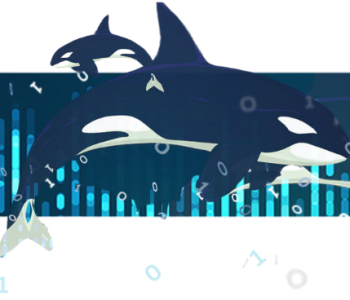
New Features in CoSort 9.5.3
Editors note:
CoSort Version 10 was released in mid-2018. Please see this article for links to its features and upgrade details.
What’s New in CoSort 9.5.3
Along with the new website, there is a new release of IRI’s flagship CoSort package for data management and data protection. Whether you use CoSort for legacy sort migrations, financial reporting, data integration, or managing metadata or master data, you will find something new in v9.5.3 for Unix, Linux, and Windows:
- Micro Focus Enterprise Server (MF-ES) Sort Replacement – Drop-in sort/merge functionality in place, up to 6X faster
- ODBC Select/Update Support – SortCL now supports a wide range of direct, SQL query and insertion commands, to extract and populate tables on a per row/column basis using relevant values to refresh, protect, and report
- Composite Data Values – New /TEMPLATE function allows for a full range of date and format masking capabilities in SortCL so that new data types can be defined and converted for migration, MDM, etc.
- Lead/Lag Functions – Sybase-style windowed aggregates now supported in SortCL can determine moving averages and measure other cumulative results from fixed row ranges within a given data source. They are useful for fair-cost accounting and OLAP queries, and are both simpler and more portable than SQL scripts.
- Standard Deviation – This statistical calculation is now supported in SortCL along with other aggregation commands
- Multiplication – Capability is available using log and summary functions
- PureSystems Support – CoSort 9.5.3 has been ported successfully to IBM’s Linux KVM and is now certified as Ready for IBM PureSystems™
- Eclipse “Kepler” Upgrade – The IRI Workbench supporting CoSort 9.5.3 and other IRI tools is at the latest release, 4.3, and aids in remote updating
- VMware and Cloud Demo, Webinar, and Instruction Images – As of CoSort 9.5.3, users can test the features of CoSort and the IRI Workbench (Eclipse) GUI in provisioned, pre-installed and configured images that include an Oracle DB










